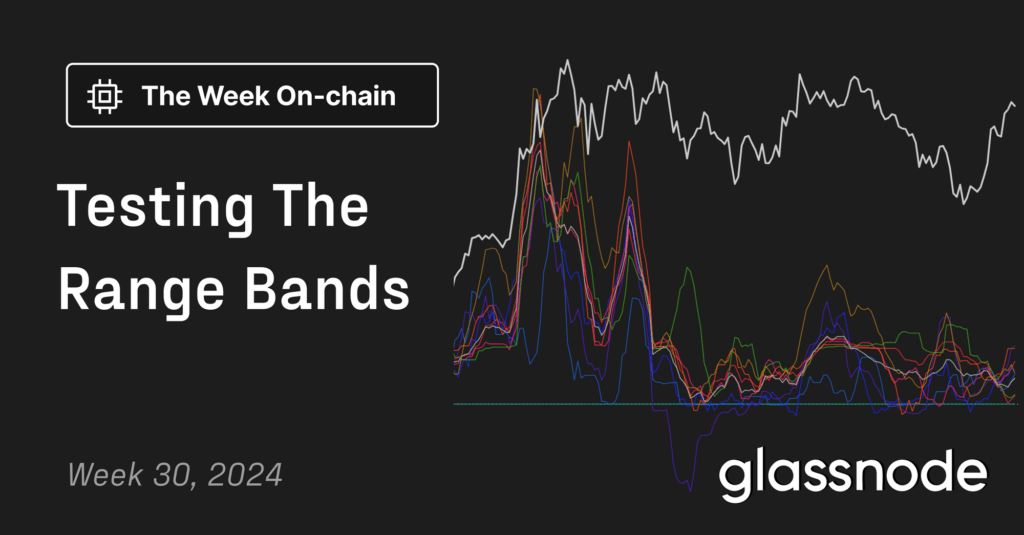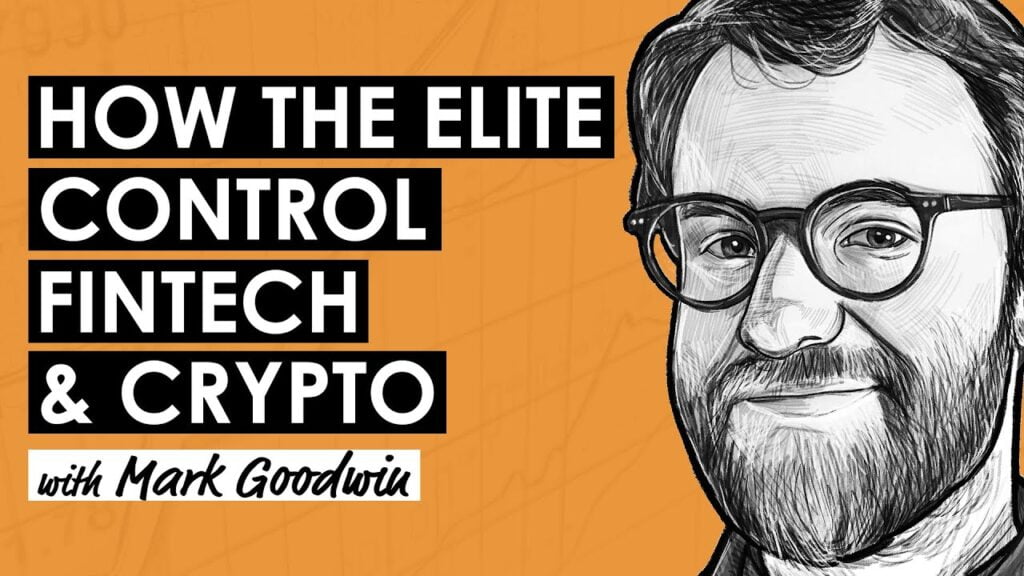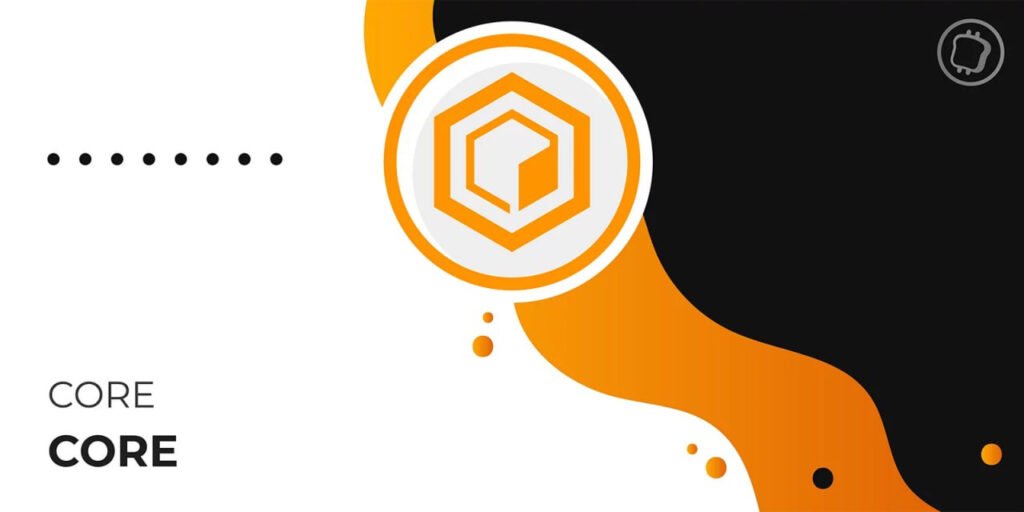Podcast Summary
The podcast features Lyn Alden, an expert on monetary systems, discussing the intricacies of global financial systems, the petrodollar, and its impact on both developed and emerging economies. Alden delves into the history of the petrodollar, its role in the global economy, and the challenges it poses for the U.S. and other countries. She also touches on the erosion of the industrial base in the U.S. and the rise of alternative currencies like Bitcoin.
Key Takeaways
The Petrodollar System
- Historical Context: Lyn Alden explains the origins of the petrodollar system, which emerged in the 1970s as a way to stabilize oil prices and create a global demand for the U.S. dollar.
- Global Impact: The petrodollar system has far-reaching implications, affecting both developed and emerging markets. It has created an artificial demand for the U.S. dollar, which has both benefits and drawbacks.
- Challenges: The system has inherent instabilities, including the erosion of the U.S. industrial base and the accumulation of structural trade deficits.
Impact on Emerging Markets
- Capital Accumulation: Alden discusses how the petrodollar system makes it difficult for emerging markets to accumulate capital, leading to stalled development.
- Case Study – Argentina: The podcast touches on real-world examples like Argentina, where high inflation has led to a unique spending culture.
- Rare Success Stories: Success stories of emerging markets transitioning to developed markets are rare, mostly occurring in Asia.
Impact on the U.S.
- Industrial Erosion: The U.S. has seen a decline in its industrial base due to the artificial strength of the dollar.
- Social Consequences: This decline has led to increased populism and resentment within the U.S., affecting the average American more than the elites.
- National Security: The erosion of the industrial base poses potential national security risks for the U.S.
Alternatives to the Petrodollar
- Decentralized Currencies: Alden mentions the rise of decentralized alternatives like Bitcoin, although they are still in nascent stages.
- Gold Standard: A return to a gold standard is also discussed as a potential alternative to the petrodollar system.
- Challenges: Transitioning to a new global reserve currency poses numerous challenges, including trust issues between nations.
Future of the Petrodollar
- Instabilities Growing: The system’s inherent instabilities are growing, indicating that we may be in the later stages of this multi-decade system.
- Multi-Polar World: Alden suggests that the world is transitioning to a more multi-polar financial system.
- Decentralized Path: With the invention of Bitcoin, there are now more paths that the world might go down, offering a decentralized alternative.
Sentiment Analysis
- Bullish: The podcast presents a bullish sentiment on the potential of decentralized currencies like Bitcoin to offer an alternative to the petrodollar system.
- Bearish: There is a bearish sentiment on the sustainability of the petrodollar system, given its inherent instabilities and negative impacts on both the U.S. and emerging markets.
- Neutral: The podcast maintains a neutral stance on the immediate future of the petrodollar, acknowledging that while it has challenges, it is deeply entrenched in the global financial system.












